
Researchers looked into the efficacy and value of TMS for treatment-resistant depression.

Researchers looked into the efficacy and value of TMS for treatment-resistant depression.
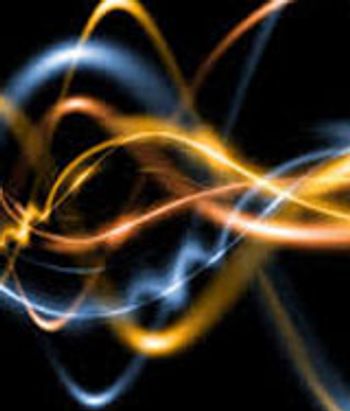
An update on what happens in the brain when the mind is engaged in psychotherapy.
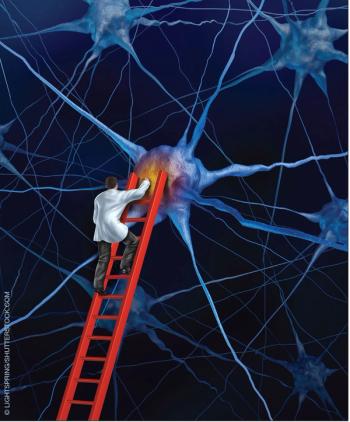
The challenges of recognizing behaviors such as hypersexuality, gambling, and excessive buying in Parkinson disease are discussed, as are ways to address them while still managing the underlying condition.

Simply telling patients “we don’t know how ECT works” neglects our abundant knowledge of what this treatment does. The authors review biological actions of ECT and discuss future directions for research.
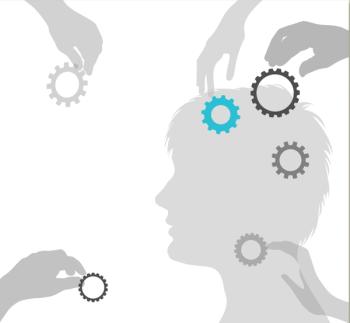
Can schizophrenia be distinguished from bipolar disorder via gray matter volume?
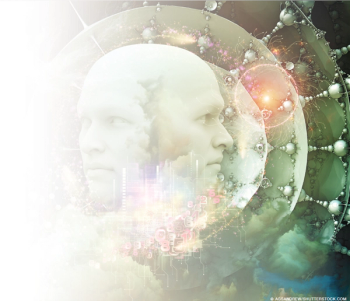
We are a long way from understanding the complex neural basis for behaviors such as mentalization. But, we can mentally imagine the scientific pursuit of questions, one after another, that might get us to that goal.
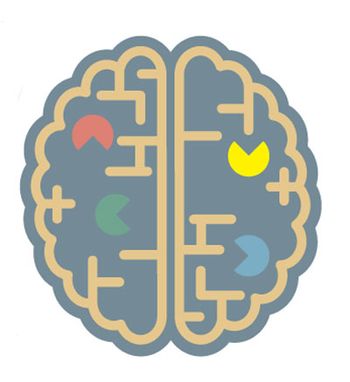
A new network-based neuroimaging study seeks to identify biomarkers across the spectrum of impairment in schizophrenia.

The prevalence of chronic hepatitis C virus infection is among the highest in patients with severe underlying mental illness. Here: clinical information on the interface of HCV infection and psychiatric disorders.

Many people like to spend at least part of their free time playing video games. However, for some, what starts as innocent recreation becomes an addiction and, at times, tragedy ensues.

This review focuses on post-stroke depression, apathy, anxiety, and PTSD, because these disorders occur and have been studied most frequently.
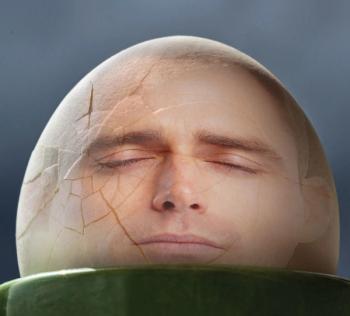
Your patient is recovering from a traumatic brain injury. He asks you, “Doc, why do I need so much extra sleep?”
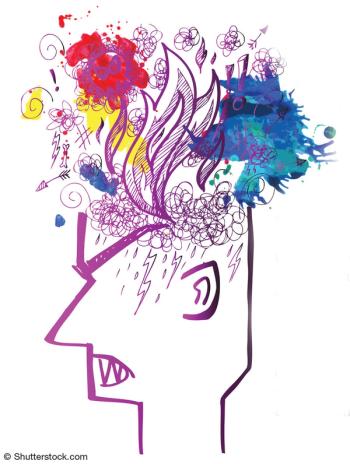
Here: a close up look at impulsive aggression.
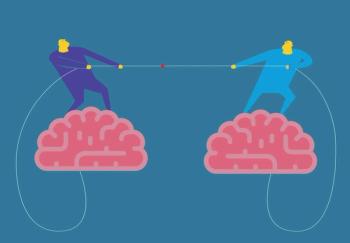
What psychiatry needs is a new approach to “psychiatric theory.” Here are a few practical suggestions.
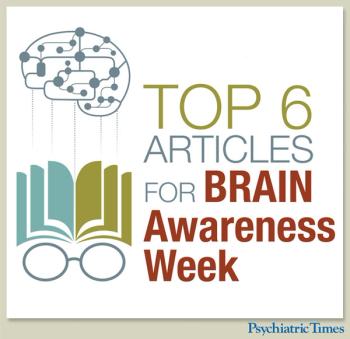
The articles mentioned here are from the Psychiatric Times Special Report on neuropsychiatry. This year, Brain Awareness Week is from March 16 to 22, 2015.
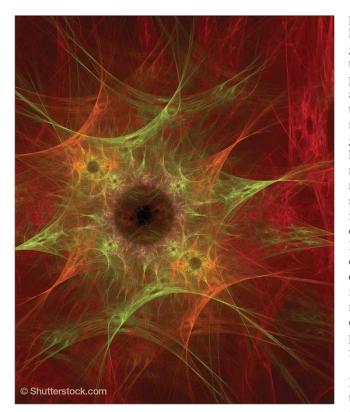
Neuropsychiatry is thriving, and the articles in this Special Report demonstrate its breadth and depth while providing the opportunity to characterize and delimit its scope.
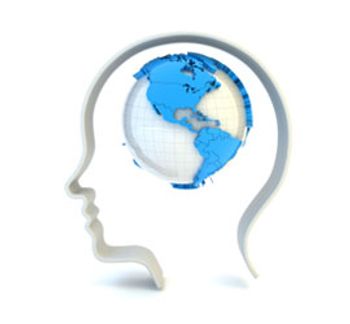
A considerable overlap exists between TBI and disorders in cognition, behavior, and personality, which can provide even greater clinical challenges. More than 70% of the cases of TBI are mild, which makes this subgroup of particular clinical interest.
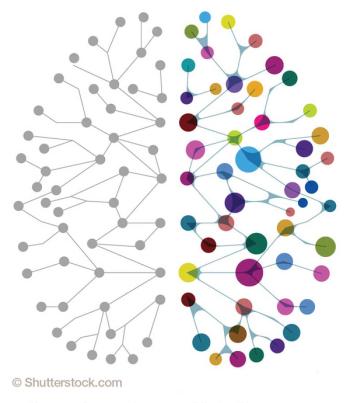
The authors take an in-depth look at the evaluation, diagnosis, and fundamental treatment recommendations, protocols, and guides to therapy for psychogenic nonepileptic seizures.

The potential of TMS as a treatment for cognitive disorders, fatigue, pain, and other manifestations of brain disease is discussed, as is the encouraging prospect for neuropsychiatric management of many patients.
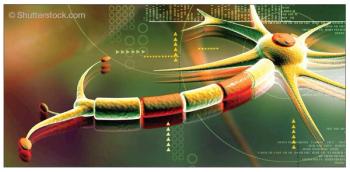
Selected for clinical implications, here are some highlights from the recent acceleration in understanding of the mechanisms of bipolar disorder.
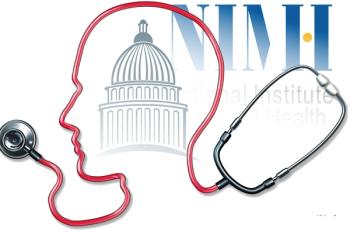
Precision medicine seems to be the new hot topic in the research world. What precisely is it?
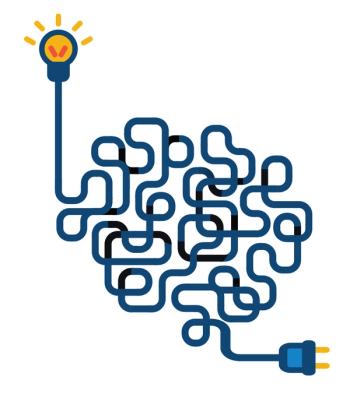
Available data suggest that transcranial magnetic stimulation holds promise as a treatment for GAD. Here: a look at what we know.
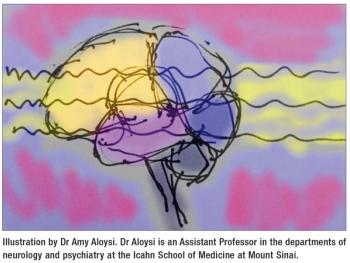
Some recent breakthroughs, using newly developed neuroscience investigational tools, suggest that if research resources are available, we could soon make substantial advances in understanding the mechanism of action of ECT.

This is usually one of the first questions asked by patients and their families following a psychotic episode, suicide attempt, or manifestation of any serious mental illness. More from the Director of NIMH.

Can we predict risk for depression? There are no genetic tests or imaging tests that can be used to predict individual risk. But a longitudinal study at Stanford University is worth watching.

The authors review the evidence for the use of ECT and other novel neurostimulation techniques in the treatment of schizophrenia.